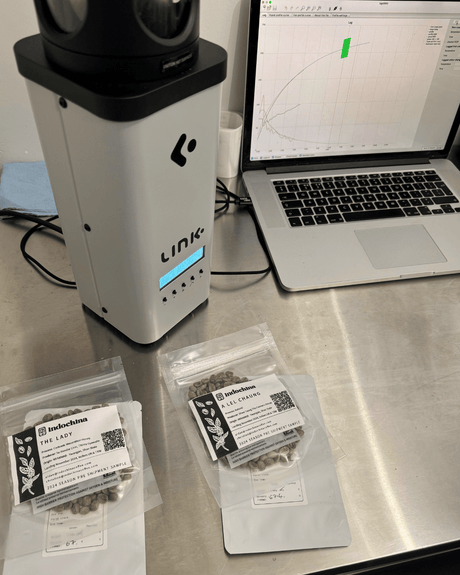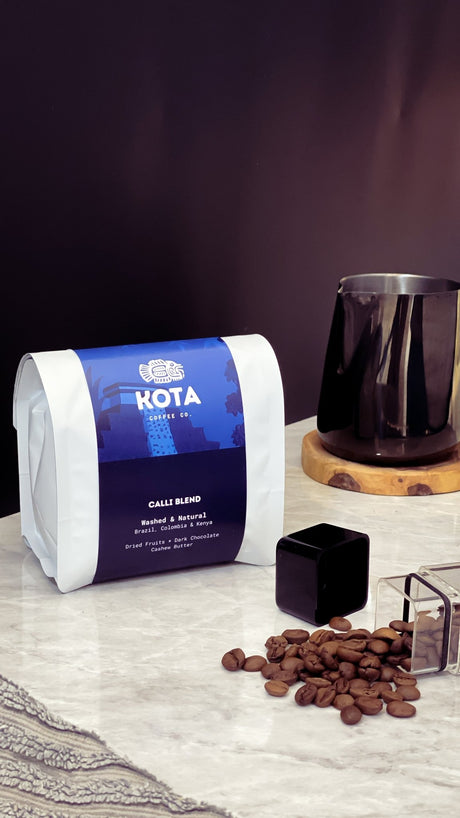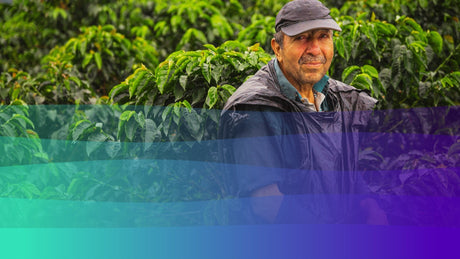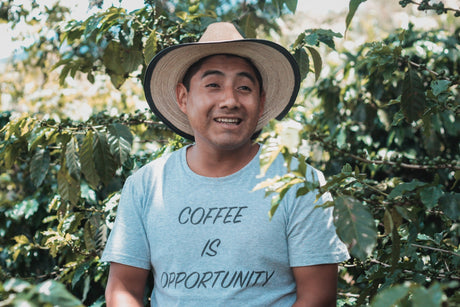In the world of coffee, the term "direct trade" holds immense significance. It's a concept that goes beyond the cup, transcending the boundaries of flavour and aroma. Direct trade coffee embodies sustainability, forging meaningful connections between farmers, consumers, and the environment. In this guide, we'll delve into the impact of direct trade coffee, shedding light on its benefits for farmers, the environment, and the exceptional quality of the coffee you savour.
1. Empowering Coffee Farmers
At the heart of direct trade lies a commitment to empowering coffee farmers. This approach establishes a direct connection between coffee roasters and the farmers who cultivate the beans. By cutting out intermediaries, farmers receive fair compensation for their hard work and dedication. This not only improves their livelihoods but also ensures the long-term viability of coffee farming.
2. Fostering Sustainable Practices
Direct trade encourages sustainable farming practices. Coffee roasters who engage in direct trade often work closely with farmers to promote environmentally friendly methods. This includes organic farming, responsible water usage, and biodiversity conservation. As a result, direct trade coffee is often associated with a lower environmental footprint.
3. Elevating Coffee Quality
One of the most noticeable benefits of direct trade coffee is the exceptional quality of the beans. With direct communication and collaboration, farmers and roasters can fine-tune the cultivation and processing methods. This attention to detail translates into a cup of coffee that's rich in flavour and complexity, showcasing the unique characteristics of the region and the coffee varietals.
4. Transparency and Accountability
Transparency is a cornerstone of direct trade. When you choose direct trade coffee, you're supporting a supply chain where every step is visible and accountable. You know where your coffee comes from, how it's produced, and that the farmers are fairly compensated. This level of transparency fosters trust between consumers and the coffee industry.
5. Community Building
Direct trade fosters a sense of community between coffee enthusiasts, farmers, and roasters. It's not just about buying coffee; it's about forming a connection with the people behind it. Many direct trade roasters invest in community projects, such as building schools or healthcare facilities, to improve the lives of coffee-growing communities.
6. Promoting Diversity in Flavor
Direct trade often celebrates the diversity of coffee-growing regions. It encourages roasters to explore unique and lesser-known coffee origins, resulting in a wide range of flavour profiles for consumers to enjoy. From the fruity notes of African beans to the nutty richness of Central American coffee, direct trade coffee offers a diverse and captivating tasting experience.
In Conclusion
Direct trade coffee isn't just about what's in your cup; it's about the impact you make with your choice. By supporting direct trade, you contribute to the livelihoods of coffee farmers, promote sustainable practices, and enjoy a richer, more transparent coffee experience. So, the next time you savour that delicious cup of direct trade coffee, know that you're not just indulging in a beverage; you're sipping on sustainability, empowerment, and a brighter future for coffee farming communities worldwide.
Click the link to read more about our Sustainability Policy here at KOTA Coffee.




















